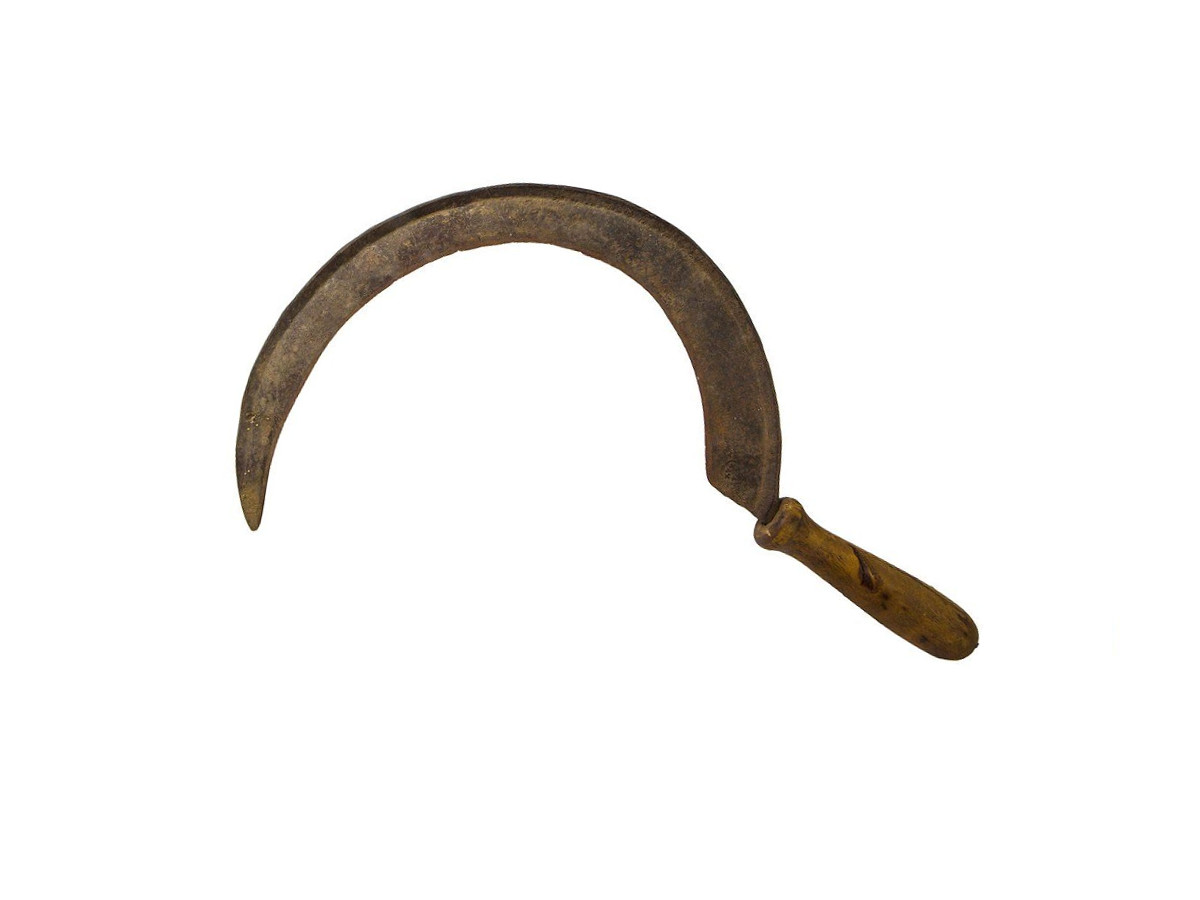Abstract
Ecological intensification of agro-ecosystems, based on the optimization of ecological functions such as biological pest control, to replace agrochemical inputs is a promising route to reduce the ecological footprint of agriculture while maintaining commodity production. However, the performance of organic farming, often considered as a prototype of ecological intensification, in terms of pest control remains largely unknown. Here, using two distinct meta-analyses, we demonstrate that, compared to conventional cropping systems, (i) organic farming promotes overall biological pest control potential, (ii) organic farming has higher levels of overall pest infestations but (iii) that this effect strongly depends on the pest type. Our study shows that there are lower levels of pathogen infestation, similar levels of animal pest infestation and much higher levels of weed infestation in organic than in conventional systems. This study provides evidence that organic farming can enhance pest control and suggests that organic farming offers a way to reduce the use of synthetic pesticide for the management of animal pests and pathogens without increasing their levels of infestation.


